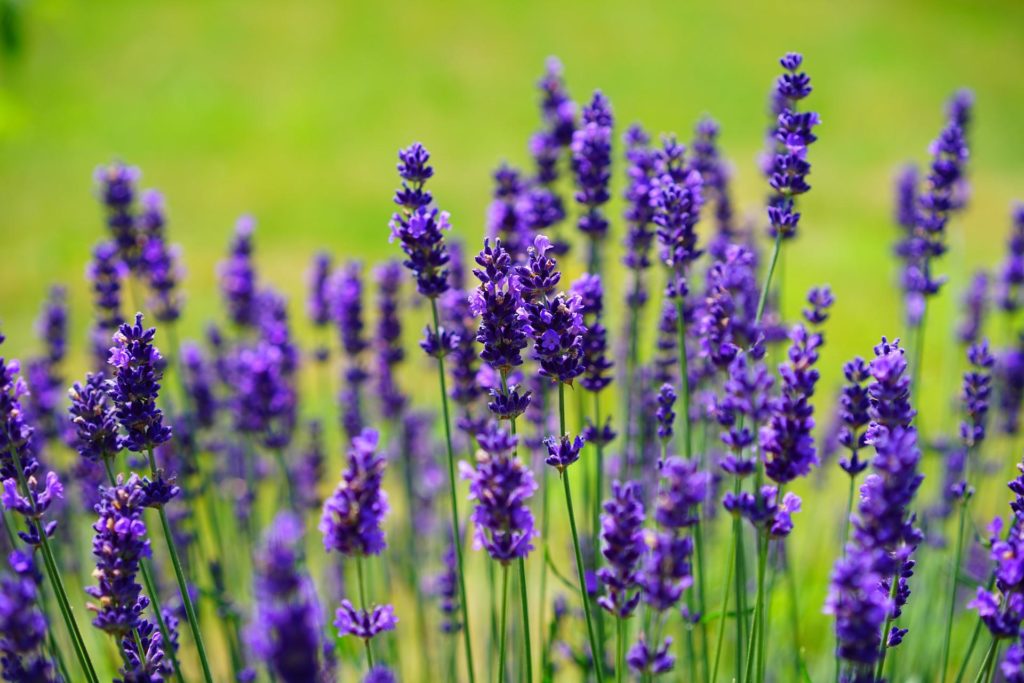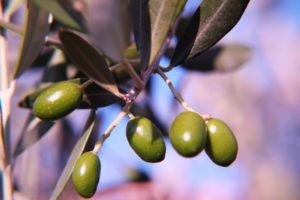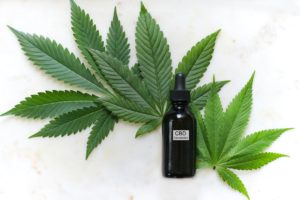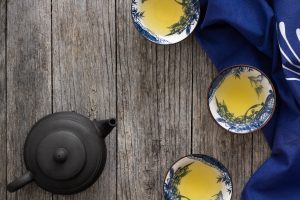Lavender and Mental Health

Lavender is often touted as a fragrance that helps to relax or soothe individuals through its calming scent. However, the use of lavender and lavender extracts as supplements to support mental health has a dedicated body of research which continues to grow.
As an herbal treatment, lavender may have a place for helping with both anxiety and depression. Some of the latest research suggests significant improvements with lavender supplementation.
Lavender Supplementation and Anxiety
While most of the initial research on lavender for anxiety focused on aromatherapy, studies eventually started exploring oral use. One of the first studies administered lavender essential oil in capsules or placebo and had students watch a neutral or anxiety-promoting film clip. Results were modest at best, but suggested some trends towards reduced anxiety with acute treatment (Bradley 2009).
The first longer study treated anxious patients with oral lavender oil as compared to medication for six weeks. Over the course of the study, anxiety scores decreased by almost half with lavender—improvements comparable to standard medication—but with fewer side effects (Woelk 2010).
A study on less severe anxiety disorders with lavender also found significant benefits over placebo. Anxiety improved, as did sleep, with lavender oil supplementation (Kasper 2010). A similar study on “restlessness associated with anxiety” also documented significant results with lavender treatment (Uehleke 2012).
Further research on generalized anxiety disorder also supports the use of lavender oil supplementation. A study compared lavender to antidepressant medication or placebo. Notably, with higher doses of lavender oil, 60% of patients had their anxiety levels drop by half or more over 10 weeks. The study also documented benefits for depressive symptoms in lavender-treated individuals (Kasper 2014).
A meta-analysis of the studies on lavender oil supplementation concluded that lavender oil provides small-to-moderate, clinically-meaningful benefits for anxiety symptoms. (Kanel 2021).
Lavender Supplementation and Depression

The first study to explore lavender’s use in depression was published in 2003. They compared lavender tincture to imipramine, an older medication used for depression. There were three treatment groups: lavender alone, imipramine alone and lavender with imipramine combined. While less effective than imipramine, lavender still provided meaningful reductions in depressive symptoms. However, combination treatment of lavender tincture with imipramine gave the best results. On average, patients treated with both lavender and imipramine no longer qualified for a diagnosis of depression (Akhondzadeh 2003).
A trial in patients with mixed anxiety and depression also found lavender oil supplementation helpful. Over 10 weeks, patients’ anxiety and depression levels decreased more significantly than placebo with lavender oil (Kasper 2016).
Powdered lavender flowers administered in capsules has also been used to treat depression in postmenopausal women. The study found modest benefits for reducing depressive symptoms (Kamalifard 2017). One of the most recent trials compared lavender, lemon balm and Prozac. All three treatments were comparable for depressive symptoms. Lavender, on average, dropped depression scores by 45% over eight weeks (Araj-khodaei 2020).
A recent review of both lavender aromatherapy and oral lavender supplementation for depression concluded that lavender is helpful for reducing depressive symptoms. Overall, oral supplementation provided more robust benefits than inhaled lavender essential oil (Firoozeei 2021).
Conclusion
Lavender is an herb with a long history of medicinal use. Some of the latest research is suggesting that lavender may have a significant place in the treatment of both anxiety and depression. Like most natural medicines, more research is needed. However, considering the safety of lavender, and the low incidence of side effects, lavender deserves further study on its potential use for both anxiety and depression treatment.



